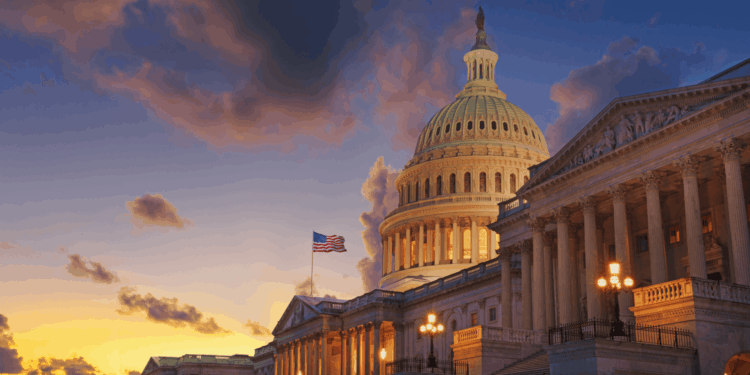The federal government shutdown on October 1 because Congress couldn’t agree on how much more of our money to spend. It’s become routine in Washington: wait until the last minute, pass a short-term fix, and promise to deal with the problem later. That’s how we ended up with a national debt of more than $37.4 trillion.
For many Kansans, that number feels far away, but the lesson isn’t. The same bad habits that broke Washington—spending too much, saving too little, and putting off tough decisions—are starting to show up here.
Kansas lawmakers have passed one bloated budget after another. They celebrate when the budget gets done on time, but that’s not success if it just means spending more money we don’t have. Passing a budget without discipline is like paying off one credit card with another—it delays the pain but makes things worse later.
According to KPI’s Responsible Kansas Budget 2026, total state spending has climbed almost 40 percent over the past five years. If state government had limited its growth to the rate of population growth plus inflation, as families do when making their own budgets, Kansas could have billions more today for permanent tax relief. Instead, the state keeps adding new programs while keeping old ones, even when they’re no longer needed.
That’s how Washington operates—funding the same projects year after year with no accountability. Kansas can’t afford to make the same mistake. When the government grows faster than the average taxpayer can afford it, the burden lands squarely on Kansans.
Every Kansan knows what it means to tighten their belt when times get tough. State government should do the same. A responsible budget means setting clear priorities, eliminating waste, and keeping spending growth below what taxpayers can support. The rule is simple: if spending goes up faster than population and inflation, it’s too much.
Kansas also needs to stop treating every surplus as free money to spend. That’s similar to how Washington got into this mess. When revenues are strong, lawmakers should focus on cutting taxes so families can keep more of what they earn. Real tax relief—like broad, permanent income tax cuts—creates jobs and strengthens communities. It puts the economy in the hands of Kansans instead of politicians.
Finally, the state needs fewer regulations that get in the way of small businesses, farmers, and local job creators. Reducing red tape helps the economy grow without new spending. When government steps back, people step up.
None of this is complicated. It’s the same common sense Kansans use every day: live within your means, plan ahead, and don’t spend money you don’t have. Unfortunately, Washington has abandoned those values, and the federal shutdown is the result. But Kansas still has a choice.
Instead of copying D.C.’s dysfunction, Kansas can lead by example. Lawmakers can pass a truly responsible budget, return money to taxpayers, and make it easier to start a business or hire a worker. Fiscal discipline isn’t about cutting for the sake of cutting—it’s about giving families the freedom to prosper.
If Kansas acts now, it can show the rest of the country that good government doesn’t require chaos, shutdowns, or debt ceilings. It just requires the courage to say no to overspending and yes to freedom.
The shutdown in Washington should be a warning, not a model. Let’s make Kansas the example of how to do it right: spend less, tax less, regulate less, and let people prosper.










